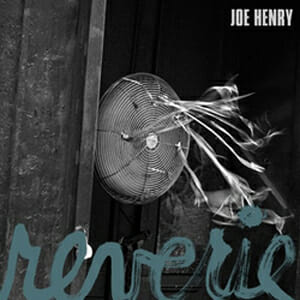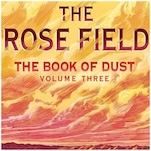Joe Henry: Reverie

Singer-songwriter Joe Henry’s career trajectory has been chameleonic: He started off rooted in alternative country before flirting with everything from meat-and-potatoes rock ‘n’ roll to tape loop-based trip-hop experimentalism. During the 2000s, however, it seemed he’d finally discovered his true voice, turning out an impressive string of darkly soulful albums which didn’t neatly fit any one genre but evoked many of the same feelings as the rickety, whiskey-soaked jazz-blues of Tom Waits. Twelfth album Reverie continues exploring this style, though the songs aren’t as cacophonous as those of his previous effort, 2009’s Blood from Stars, which often sounded on the cusp of total breakdown. While there are still a few flickers of underlying chaos to be found, like the nervous drumming on “Sticks and Stones” and “Grand Street,” Reverie is Henry’s most stoic and mature offering to date, emphasizing above all else his aching, smoky vocals.
-

-

-

-

-

-

-

-

-

-

-

-

-

-

-

-

-

-

-

-

-

-

-

-

-

-

-

-

-

-

-

-

-

-

-

-

-

-

-

-








































